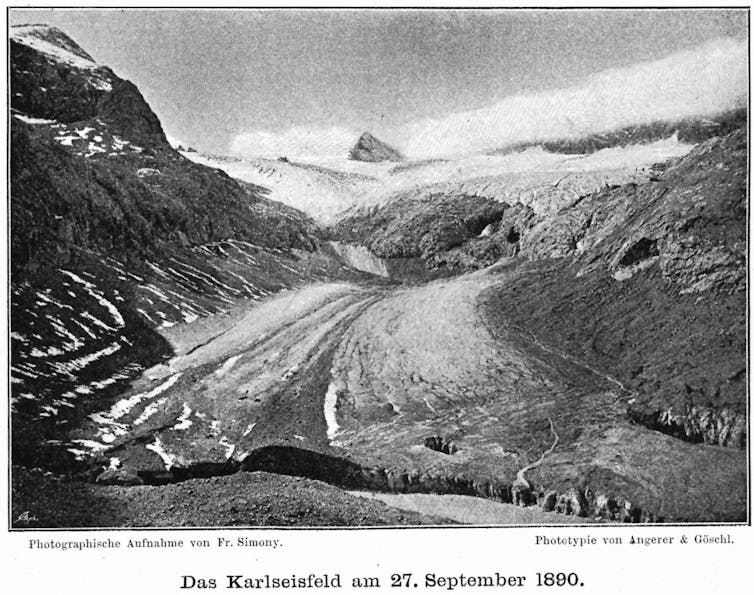One European forester remarked in 1901 that few questions had “been debated and addressed from so many sides and so relentlessly” as that of the climatic effect of deforestation. Recalling this crowded, noisy and wide-ranging conflict – a “hurly-burly” over the “climate question,” as the scientist Eduard Brückner called it at the time – reminds us that climate science has not always been the elite, well-mannered pursuit that it is today.
Might this popular, participatory approach have been an advantage? Given the ongoing rise in global greenhouse gas emissions five years after a U.N. report found that humans are “the dominant cause” of global warming, it’s a question worth asking.
The science of climatology is born
As I write about in my book about the history of climate science in the 19th century, the possibility that human actions might wreak havoc with the climate became a widespread concern for ordinary people across Europe, North Africa and the Americas.
Farmers knew intuitively that even a small change in baseline climate greatly increased the risk of extremes, and a single drought could ruin a farming community, even if followed by years of good weather. As one farmer in Central Europe put it in a letter to a local paper, you couldn’t rightly grasp the import of climate change unless you were “dependent on the yield of a few small plots of land,” and until you had “kept a lookout for a hearty rainfall day by day throughout the dry summer for several years, in vain…You must have seen your favorite fruit trees mourning with wilting leaves.”
